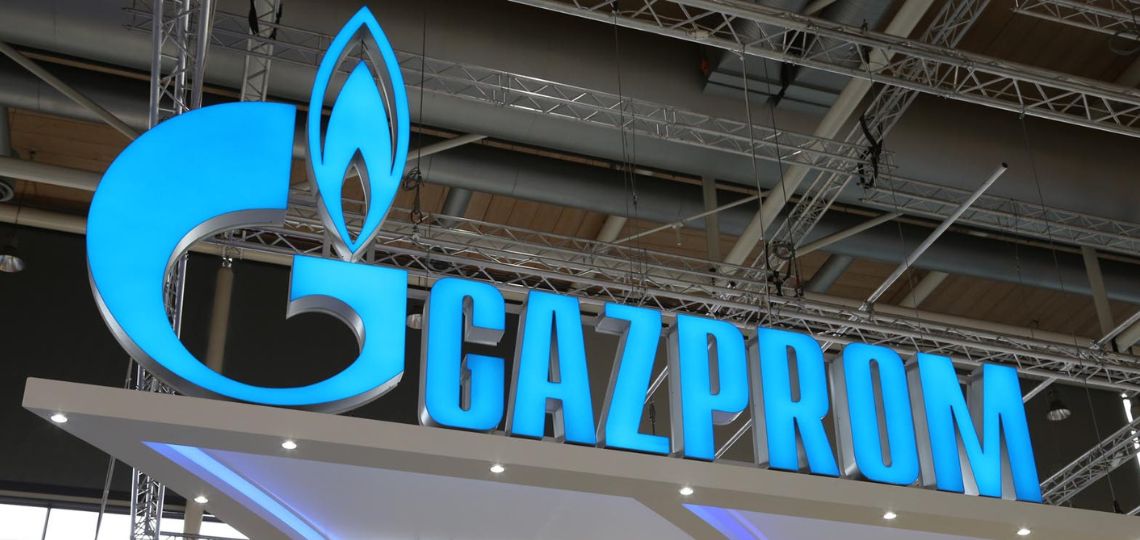Russian state-owned giant Gazprom announced on Tuesday a net profit down 41.4% in 2022, to 14.2 billion euros, cut by the sharp drop in its gas exports to Europe in the wake of the conflict in Ukraine.
The Russian gas giant, a pillar of the Russian economy led by several people close to President Vladimir Putin, has indeed been heavily targeted by Western sanctions. The Russian gas giant’s net profit in 2022 reached 1,226 billion rubles (EUR 14.2 billion) compared to 2,093 billion rubles (EUR 24.2 billion) in the previous year, according to the annual report published on Tuesday, cited by Russian news agencies. According to the group, “the increase in tax payments in the second half of the year had an impact on the amount of profit,” it said in a separate statement.
In view of these results, Gazprom, a company listed on the Moscow stock exchange but controlled by the Russian state with 50.2%, has recommended not paying dividends to its shareholders for 2022. The year 2022 was marked for Gazprom by the closure of most of the European market, except for liquefied natural gas (LNG), which EU countries continue to buy for lack of a real alternative. The goal of the Europeans: to strangle Russian revenues from gas exports to limit the Kremlin’s available manna to finance its military offensive in Ukraine.
According to figures shared by the Gas Exporting Countries Forum, European imports of Russian gas by pipeline have fallen from 140 billion m3 to 63 billion, a drop of -55%. Faced with these difficulties, Gazprom, which has a monopoly on Russian gas exports via pipeline, has begun a strategic change in recent months, redirecting part of its exports to Asia, where energy demand is strong.
Last year, gas deliveries via the “Siberian Force” pipeline in the Russian Far East to China reached an all-time high of 15.5 billion cubic meters. At the same time, Russia has increased its sales of liquefied natural gas (LNG). But experts believe that it is harder for Russia to redirect its exports for gas than for oil, which is also heavily sanctioned, because the necessary infrastructure (gas pipeline, factories and LNG tankers…) is expensive and takes time to build.
Gazprom, for example, plans to begin construction of a new pipeline, “Siberian Force 2”, to northwest China as early as 2024. With nearly half a million employees, Gazprom, which holds the largest gas reserves in the world, remains one of the engines of Russian growth.






